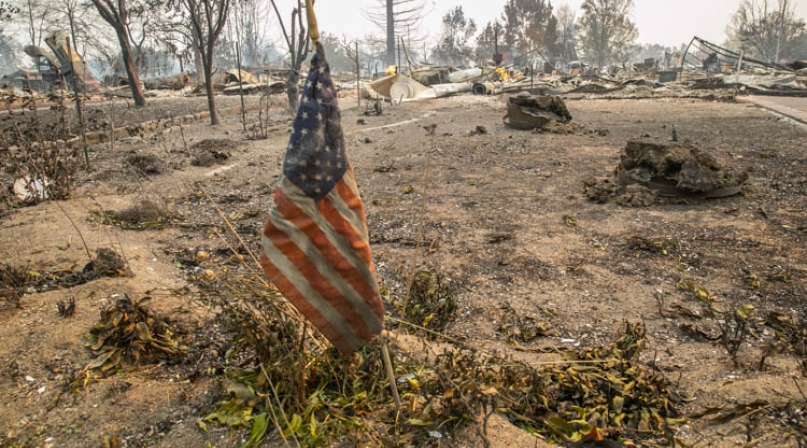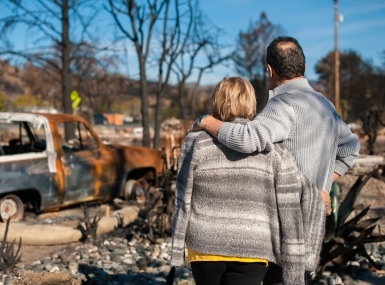Resilient Counties Advisory Board seeks input
Author

Hon. James Gore
Upcoming Events
Related News

NACo Resilient Counties Advisory Board holds open call for input for the Disaster Toolkit for Counties
Over the past five years, the NACo Resilient Counties Initiative has worked to bolster counties’ abilities to thrive amid changing physical, environmental, social and economic conditions. Through its solutions-oriented programming, the initiative has tackled a wide range of issues, from the green economy and nature-based infrastructure to water quality and flood management. As we continue to build the program and expand its reach, the Resilient Counties Advisory Board seeks to help counties strengthen their resiliency by building leadership capacity to identify and manage risk, while allowing them to become more flexible and responsive.
Do More
Send resilient counties advisory committee input to Jenna Moran
Each of our counties has felt the effects of disasters, and hardly a week has gone by this summer where we have not heard about the threat of a new wildfire, hurricane or shooting. With the increasing occurrence and severity of hazardous events, like Hurricanes Harvey, Irma and Nate in the Gulf, the 2017 wildfire season out West and the Las Vegas massacre, it is more important than ever for us to incorporate resilience into our county planning and preparedness efforts. Therefore, this year Resilient Counties will create a Disaster Toolkit for Counties to aid county leaders as they work to prevent disasters — both natural and man-made — within their communities.
The Disaster Toolkit will contain information on strategies, timelines, financial management, funding opportunities and best practice case study examples for each phase of the emergency management cycle, for all major hazards. The toolkit will be an ongoing project, and we ask for your emergency management tips and examples as we create the initial version for release next summer.
In addition to an open call for suggestions, we will host two Twitter chats and a workshop at the NACo 2018 Legislative Conference. The first Twitter chat will be held later this fall on Disaster Response and Recovery, and the second Twitter chat will be held in spring 2018 on Disaster Mitigation and Preparedness. The Legislative Conference session will be a joint meeting of the Resilient and Healthy Counties Advisory boards on Strengthening Counties’ Resilience by Addressing the Public Health Impacts of Natural Disasters.
As we continue to tackle these issues, it is important for us to foster new relationships and have these critical discussions across committees and caucuses. With that in mind, the Resilient Counties Advisory Board will continue to partner with other committees and caucuses — such as Justice and Public Safety, Environment, Energy and Land Use, and Community, Economic and Workforce Development steering committees, and the Healthy Counties Advisory Board — as we work to address best practices in not only disaster management but also sustainability. We invite anyone and everyone to join the conversation.
Each year the Resilient Counties Advisory Board looks at its programming through the lens of an overall theme. Last year, the initiative examined water-related issues. This year, we are excited for you to join us as we explore the many ways that new and emerging technologies can be used to bolster resilience efforts!
We have a busy year ahead of us, and we are excited to work with all of you to continue to strengthen the resilience of our nation’s 3,069 counties.
James Gore
chair, Resilient Counties
Advisory Board
Kitty Barnes
vice chair, Catawba County, North Carolina
Patricia O’Bannon
vice chair, Henrico County, Virginia
Victoria Reinhardt
vice chair, Ramsey County, Minnesota
Darry Stacy
vice chair, Cleveland County, Oklahoma
Attachments
Related News

House Transportation and Infrastructure Committee advances, House passes key bill with NACo’s support
On September 18, the U.S. House of Representatives Committee on Transportation and Infrastructure held a full committee markup session, voting to advance 29 measures for House floor consideration.

